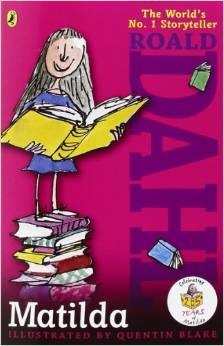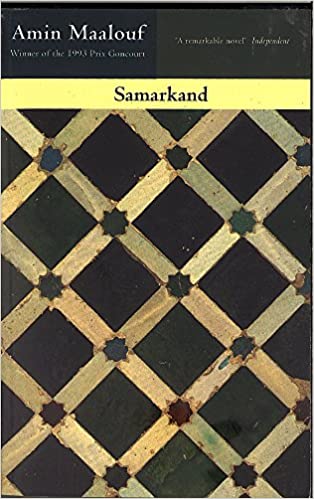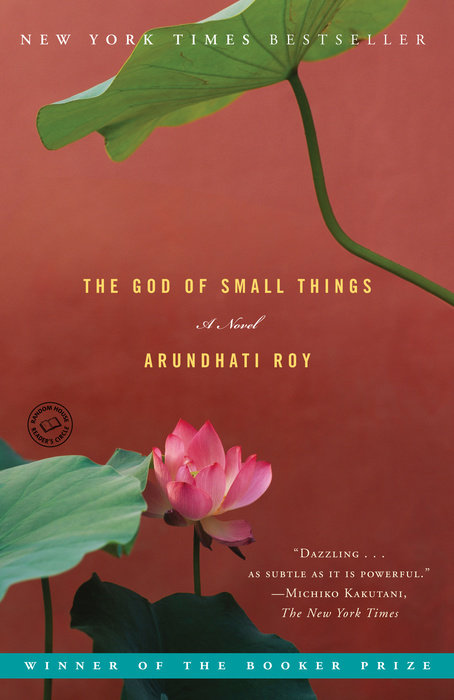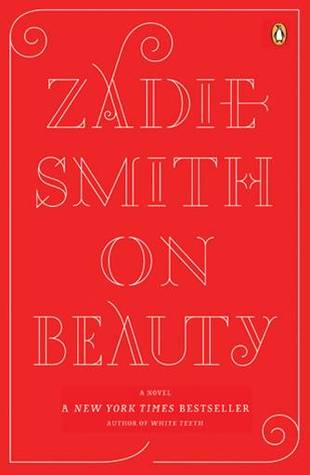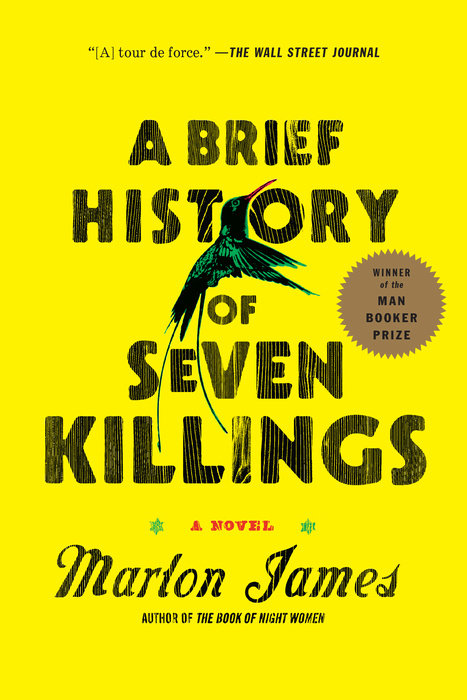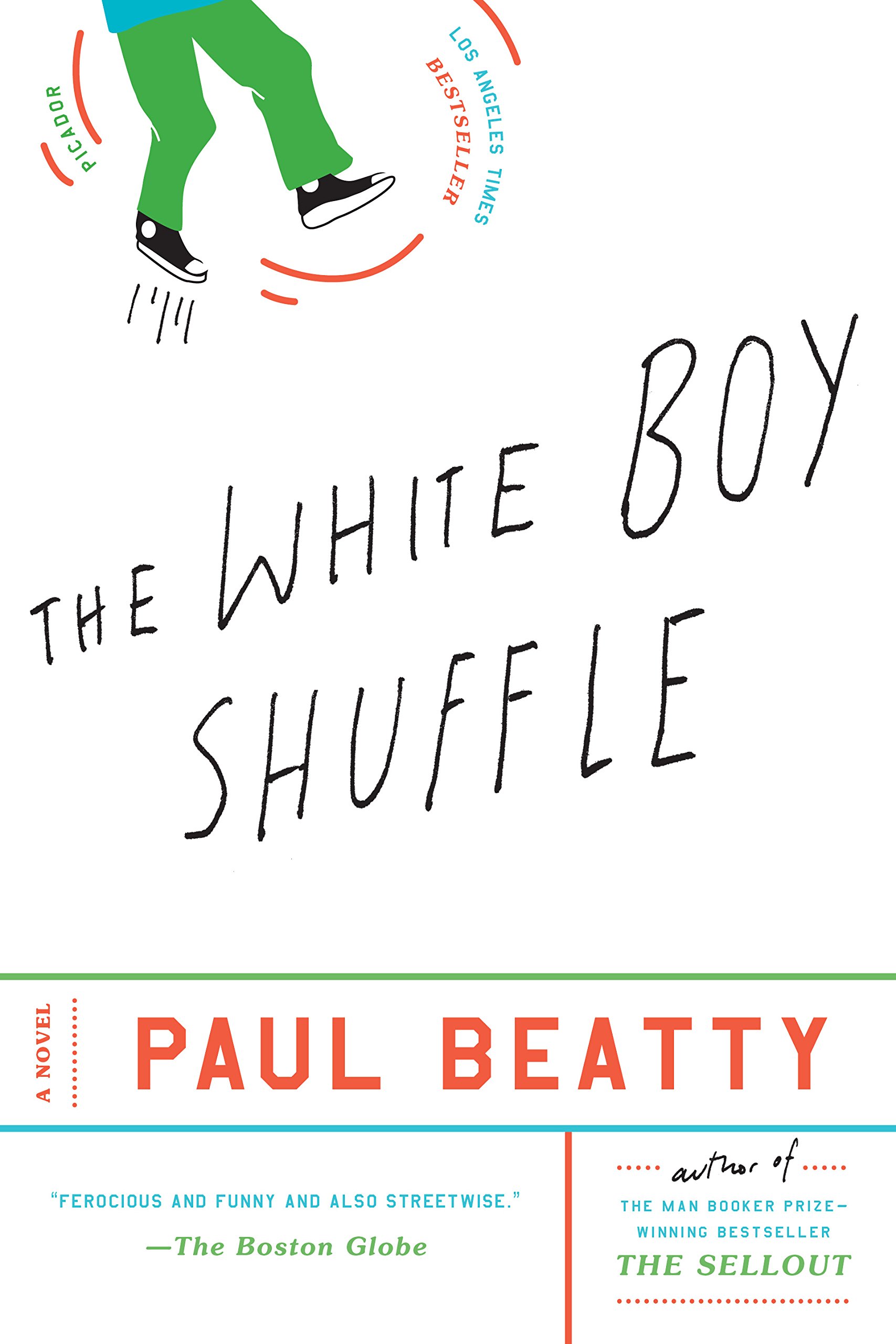Rémy Ngamije is a Rwandan-born Namibian writer and photographer. He is the cofounder and editor-in-chief of Doek! Literary Magazine, Namibia’s first literary magazine. His work has appeared in many publications and more of his writing can be read on his website RemytheQuill.com.
The most challenging aspect of any writing, for me, is the opening line. Oftentimes I have the general idea of the story in my head and a vague intuition of where the plot will go. When I’m especially lucky, like with some short stories, I know the ending. But the primary incision, the first pen stroke that sets the narrative tempo, is often elusive. Whether it is nonfiction or fiction, once I find that first sentence, the path is made by writing and walking—however long, however far.
When composing the first draft of The Eternal Audience of One, forthcoming from Scout Press (Simon & Schuster) in August 2021, I wrestled with various opening lines trying, like many fledgling writers, to pay tribute to some of my favorite opening lines from literature. While there are many opening lines that I can recite from memory—lines from William Shakespeare, Toni Morrison, James Baldwin, Chinua Achebe, Terry Pratchett, and Ama Ata Aidoo, to name a few—these six lines below were guiding lights for writing The Eternal Audience of One.













